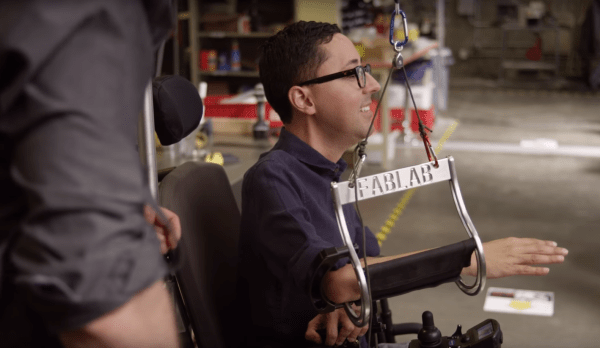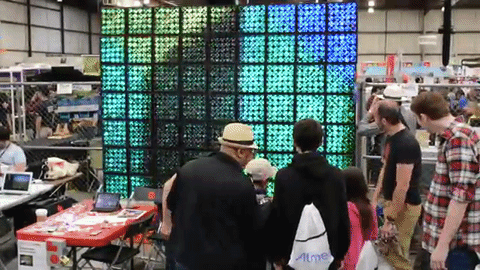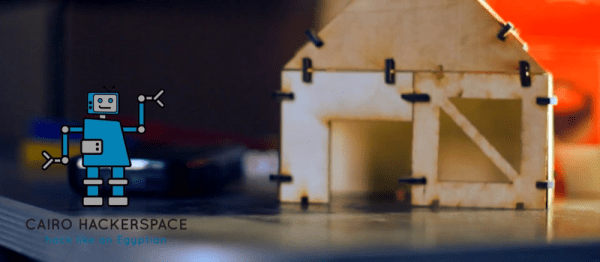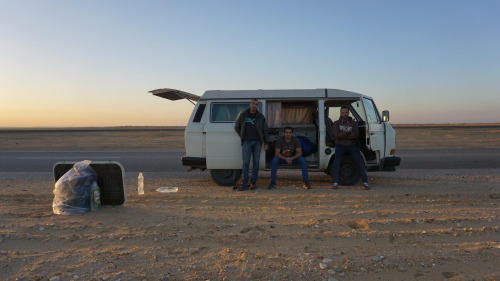The folks at Leeds Hackspace have built themselves a shiny new C-beam based CNC mill. As you might expect everyone wants to try the machine out, but there’s a problem. A CNC machine presents a steep learning curve, and a lot of raw materials (not to mention cutting bits) can be used in a very short time. Their solution is simple: mix themselves some machinable wax from LDPE pellets and paraffin wax, then easily recycle their swarf and failed objects back into fresh machinable wax stock.
Making the wax recipe is not for the faint-hearted, and involves melting the LDPE pellets and wax to 130 degrees Celcius in a cheap deep-fat fryer. They bought the cheapest fryer they could find at the British catalogue retailer Argos, you really wouldn’t want to risk an appliance you cared about in this exercise.
Colouring came from an orange wax crayon, though they note recycling of mixed colours will inevitably result in a muddy brown. The finished mixture was poured into Tupperware lunchboxes to set, and the resulting blocks were trimmed to square on a bandsaw. The Tupperware proved not to have a flat bottom, so later batches were cast in a loaf tin which proved much more suitable.
We’ve mentioned the machinable wax recipe before here at Hackaday, but it’s worth returning to the topic here with a description of it being used in the wild. Having watched other environments get through learning materials at an alarming rate with very little to show for their effort, we can see it makes a lot of sense as a training material.


















